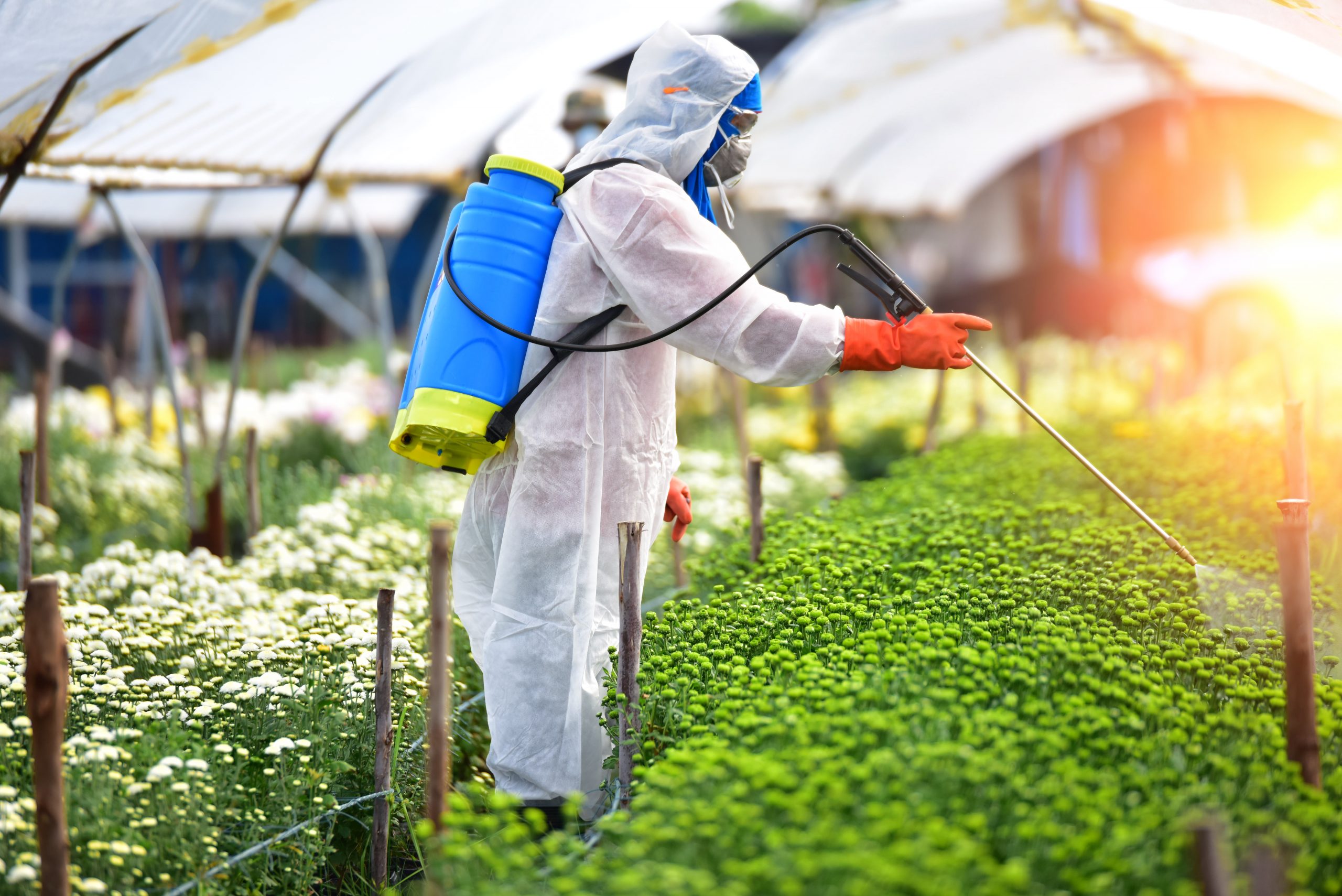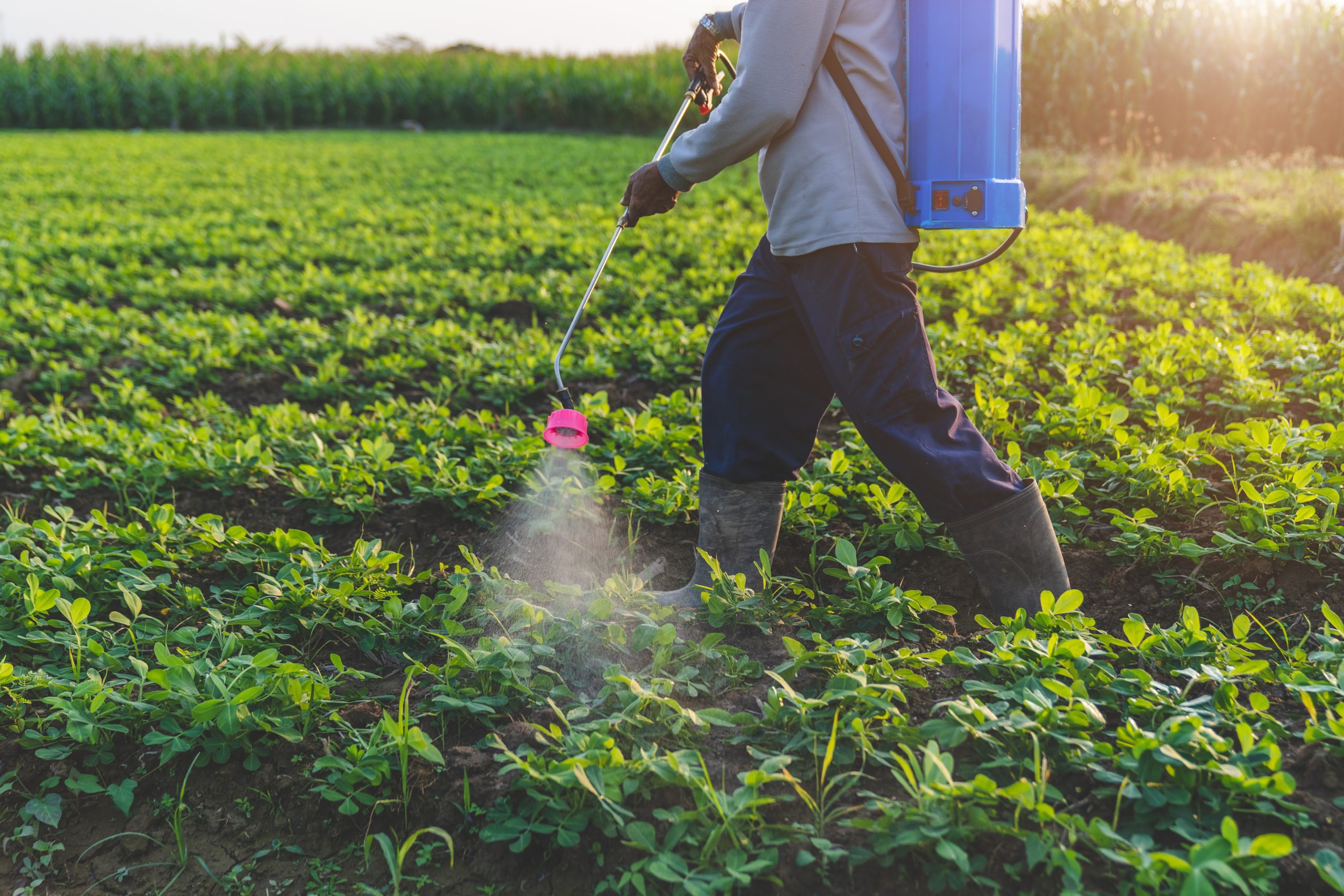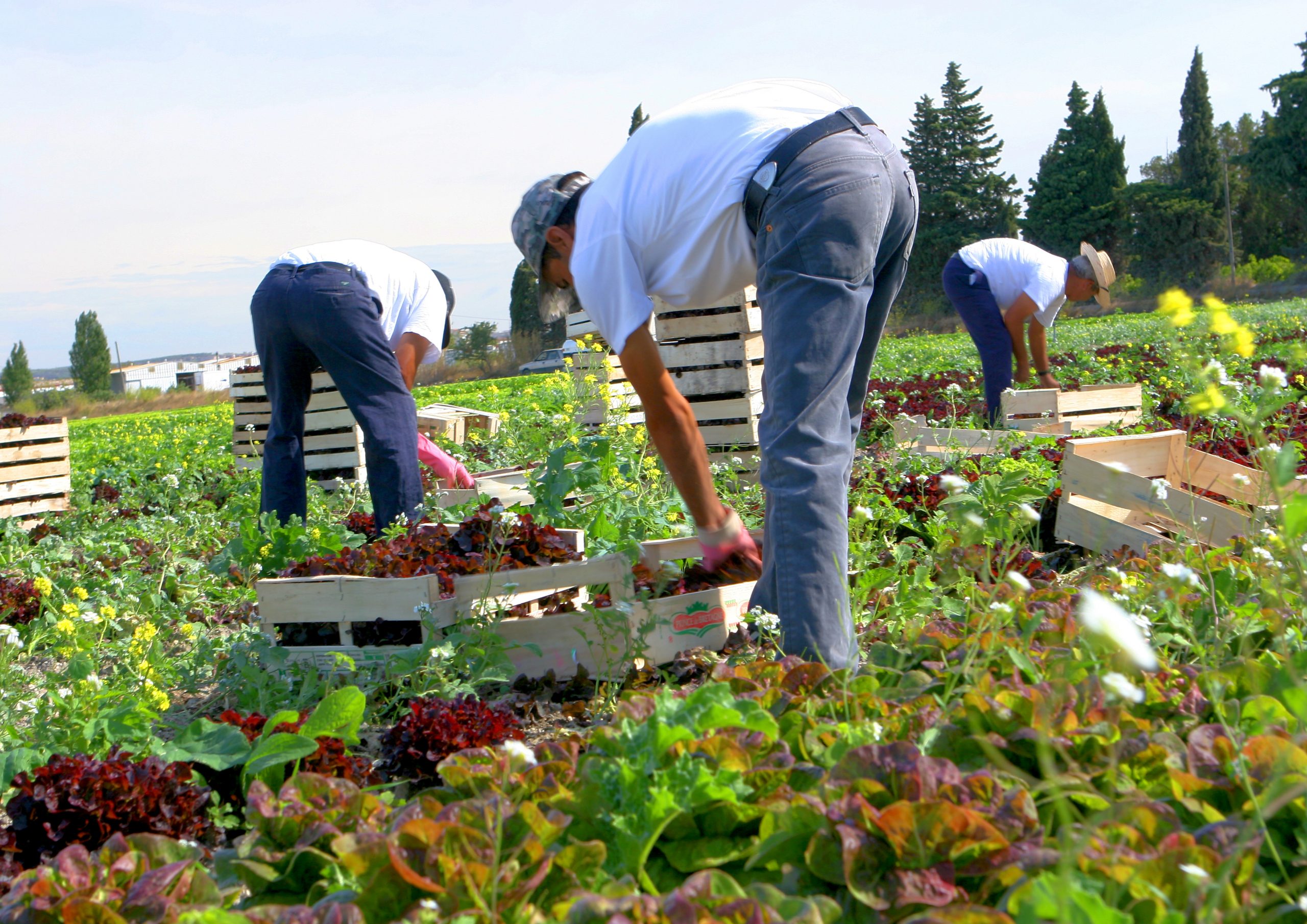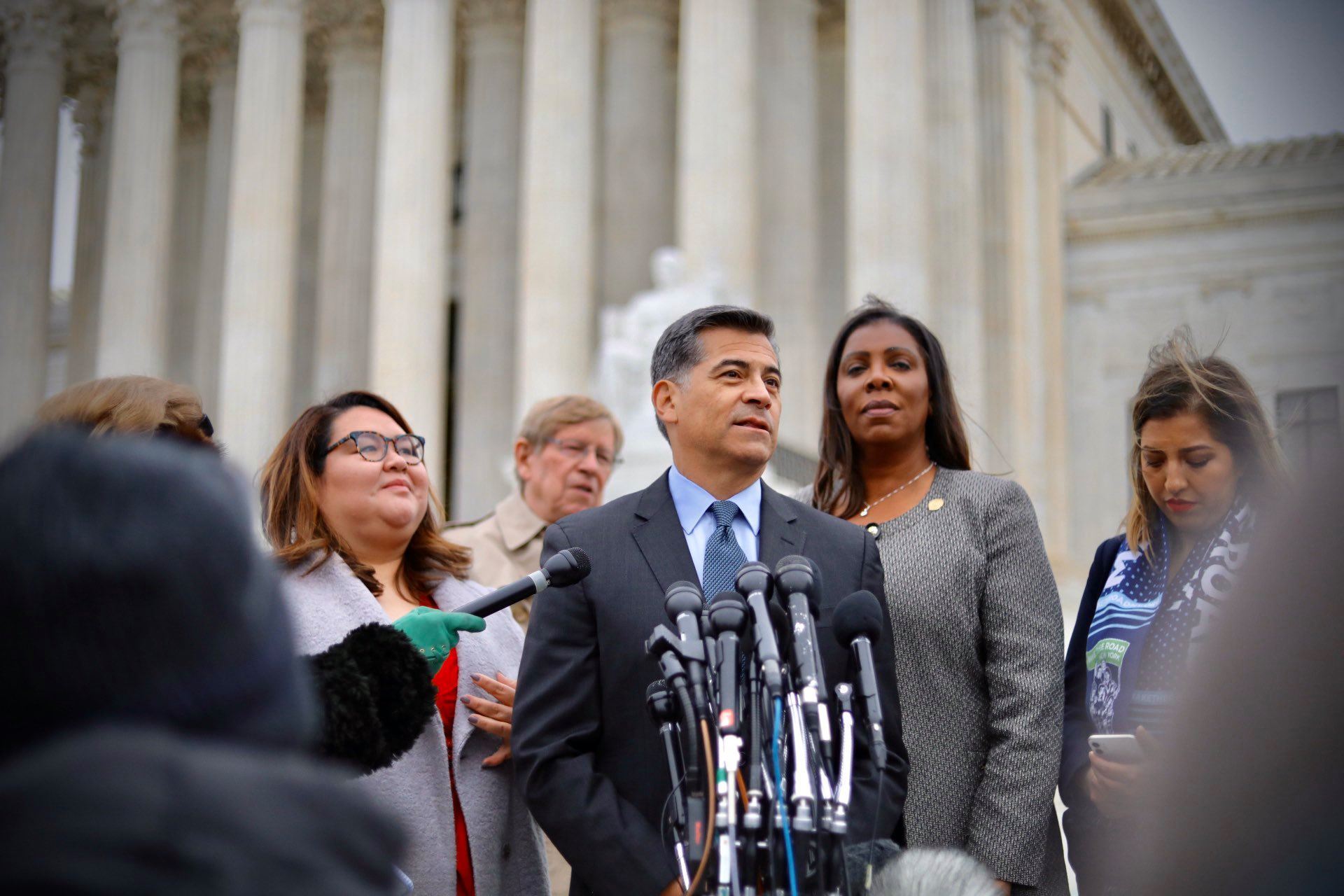Federal Court Grants Farmworker Groups an Injunction Against U.S. Department of Labor’s Decision to Freeze Wages Under the H-2A Guestworker Program
(Washington, D.C.) On Wednesday, a federal court in California enjoined the U.S. Department of Labor’s decision to freeze, and effectively lower, several hundred thousand farmworkers’ wages employed at farms that use the H-2A agricultural guestworker program. A preliminary injunction was issued by U.S. District Judge Dale A. Drozd in Fresno in a lawsuit filed by … Read more Federal Court Grants Farmworker Groups an Injunction Against U.S. Department of Labor’s Decision to Freeze Wages Under the H-2A Guestworker Program








